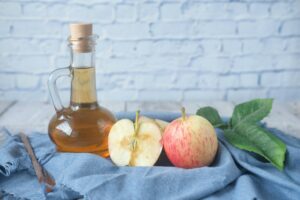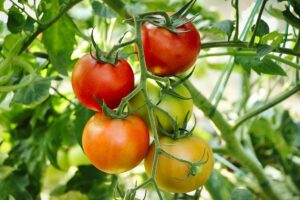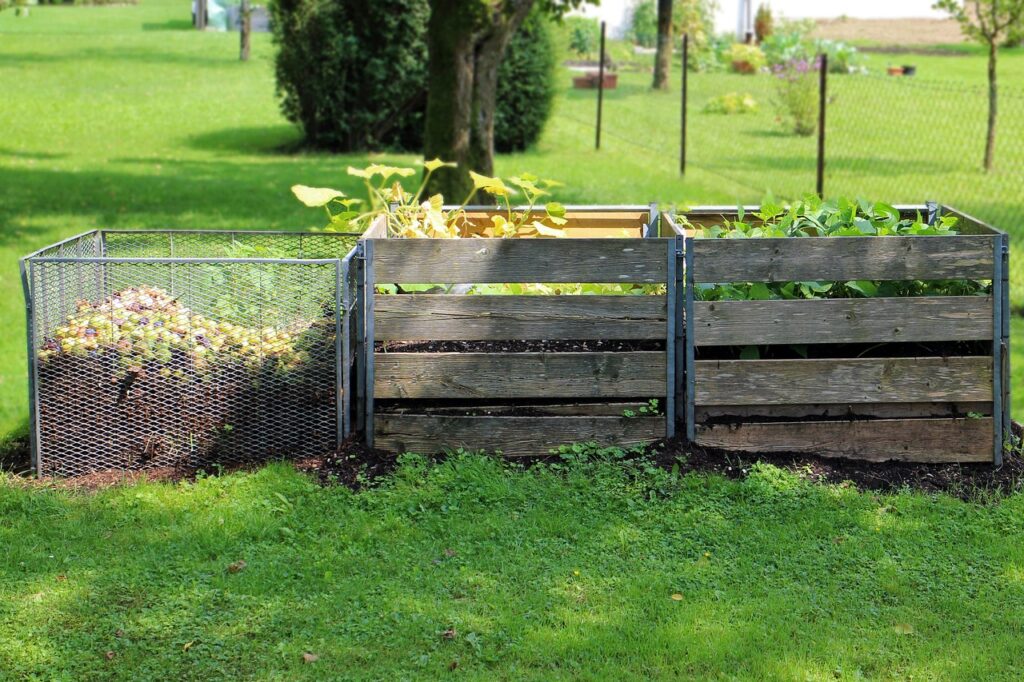Back to Basics Sustainable Practices
go.ncsu.edu/readext?1009379
en Español / em Português
El inglés es el idioma de control de esta página. En la medida en que haya algún conflicto entre la traducción al inglés y la traducción, el inglés prevalece.
Al hacer clic en el enlace de traducción se activa un servicio de traducción gratuito para convertir la página al español. Al igual que con cualquier traducción por Internet, la conversión no es sensible al contexto y puede que no traduzca el texto en su significado original. NC State Extension no garantiza la exactitud del texto traducido. Por favor, tenga en cuenta que algunas aplicaciones y/o servicios pueden no funcionar como se espera cuando se traducen.
Português
Inglês é o idioma de controle desta página. Na medida que haja algum conflito entre o texto original em Inglês e a tradução, o Inglês prevalece.
Ao clicar no link de tradução, um serviço gratuito de tradução será ativado para converter a página para o Português. Como em qualquer tradução pela internet, a conversão não é sensivel ao contexto e pode não ocorrer a tradução para o significado orginal. O serviço de Extensão da Carolina do Norte (NC State Extension) não garante a exatidão do texto traduzido. Por favor, observe que algumas funções ou serviços podem não funcionar como esperado após a tradução.
English
English is the controlling language of this page. To the extent there is any conflict between the English text and the translation, English controls.
Clicking on the translation link activates a free translation service to convert the page to Spanish. As with any Internet translation, the conversion is not context-sensitive and may not translate the text to its original meaning. NC State Extension does not guarantee the accuracy of the translated text. Please note that some applications and/or services may not function as expected when translated.
Collapse ▲Are you ready to embrace a more sustainable lifestyle and reconnect with time-honored skills? Check out the resources below to get back to basics. You will find practical, eco-friendly solutions to help you live more sustainably and self-sufficiently. Sustainable practices like growing your own food and composting improve soil health and biodiversity, while making your own products reduces reliance on harmful chemicals and packaging waste. Additionally, sustainable living promotes long-term economic savings and enhances personal well-being through a closer connection with nature and healthier lifestyle choices.
How to Make Vinegar
Making your own vinegar can be a simple way to add flavor to your dishes, preserve food, and even save money.
DIY Laundry Detergent
The real benefit of making your own laundry detergent goes beyond the cost savings. Commercial detergents often contain toxic ingredients associated with a host of health and environmental concerns. So the real benefit of using homemade laundry detergent is ridding your home of toxins.
Green Cleaning Recipes from UGA Extension
Growing Tomatoes for Home Use
Much success in growing tomatoes can be attributed to use of a few proven techniques. Choosing a variety that has proven to be a true performer should be at the top of every gardener’s list.
Planting Calendar
Western North Carolina is a wonderful place to garden. Almost any type of vegetable or fruit can be grown successfully provided you choose appropriate varieties and plant at the right time of year. The climate, the season, and potential pests all affect the selection of what and when to plant.
Composting Resources
Organic materials (food scraps, leaves, grass clippings, and other yard trimmings) are 25% of the municipal solid waste produced in the U.S. Of this amount, 97.8% of food scraps and 38% of yard trimmings end up in landfills and incinerators. If they were composted instead, it would reduce greenhouse gases by preventing methane generation in landfills, extend landfill life, and produce products with nutrient-rich humus and organic matter that can restore depleted soils.
Simple DIY Toothpaste
Make your own toothpaste with only three common ingredients.







